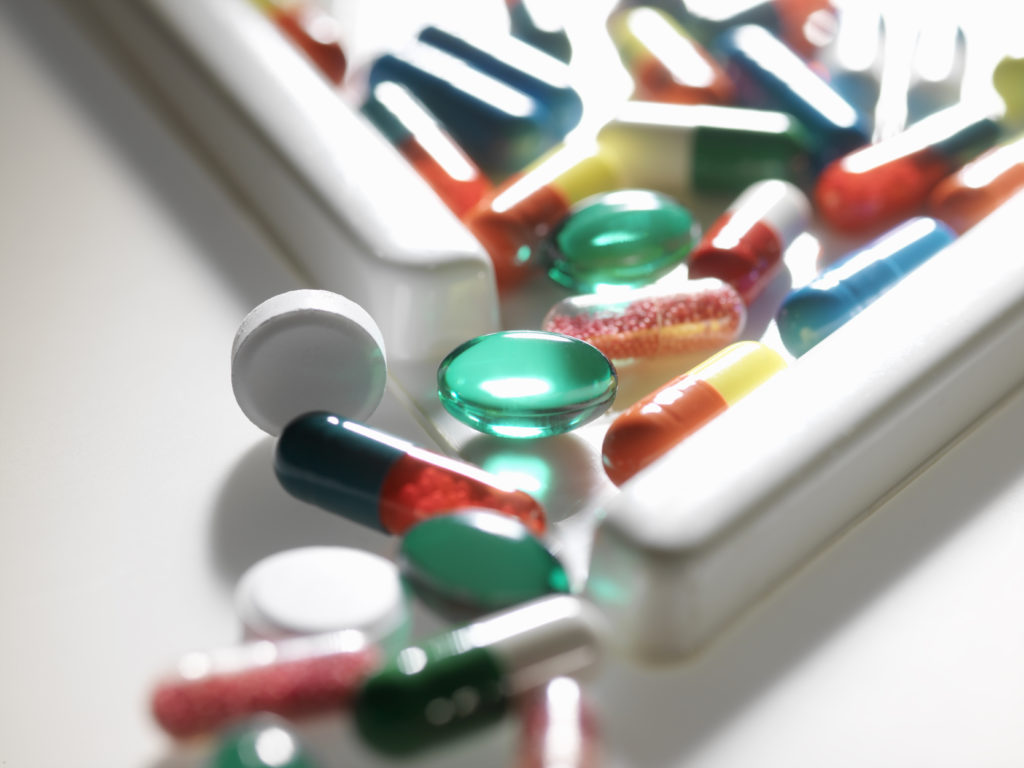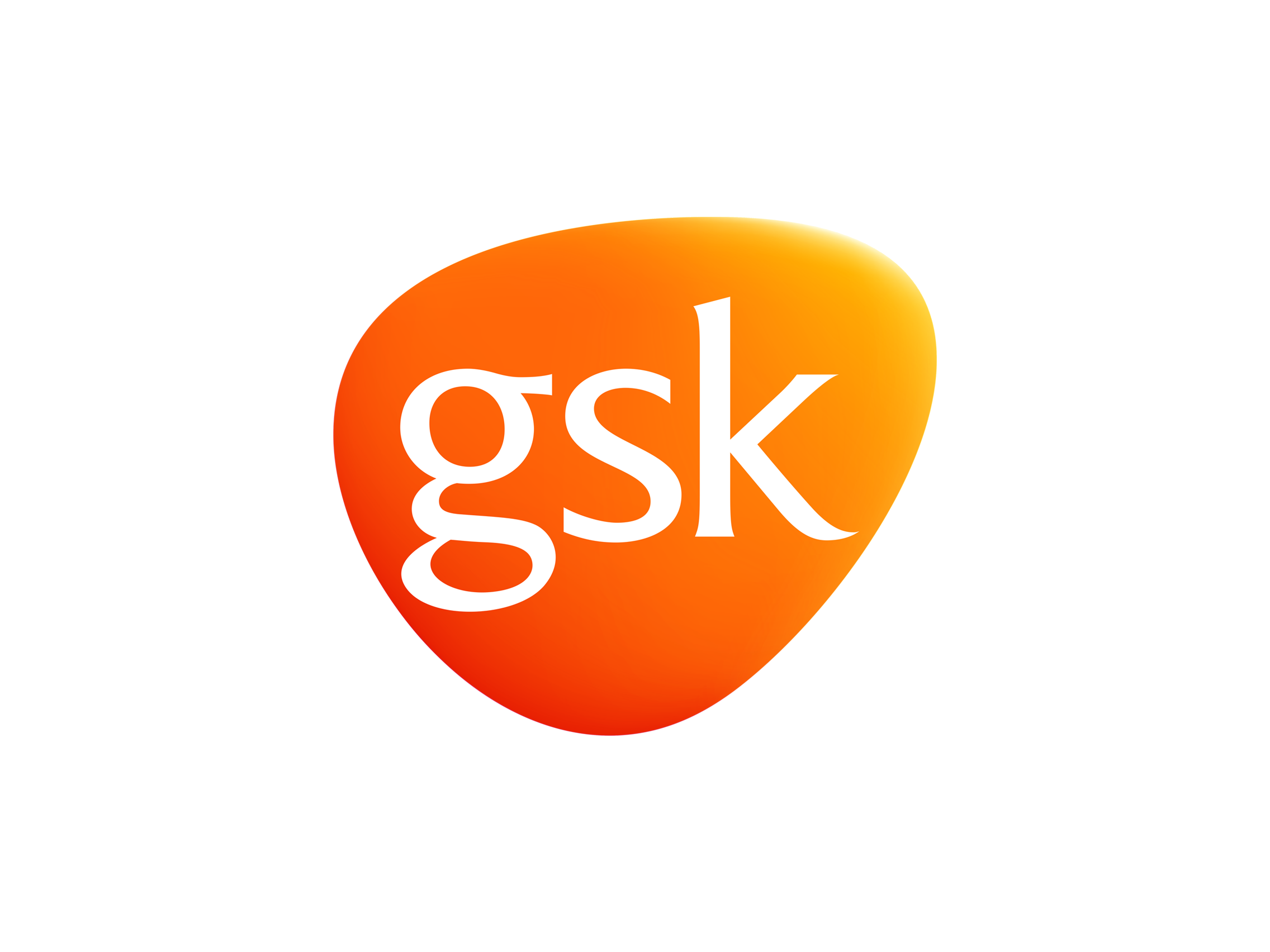GSK – Improving Access to Antibiotics and Vaccines


Health needs
GSK recognizes that access to medicines and healthcare should be available to everyone who needs them, no matter where they live or how much they can afford. In many countries, we still need to improve access to essential existing antibiotics. We also need to ensure access to new antibiotics once they are launched. However, considering the growing threat of resistance, access should be combined with appropriate use of current and future antibiotic products, as well as improved access to vaccines and infection control, to reduce society’s dependence on antibiotics.
Initiative’s objective
GSK wants to ensure affordable access to new and existing antibiotics to the patients who need them, no matter where they live or how much they can afford. GSK also encourages appropriate use of these antibiotics. It is also committed to ensuring access to vaccines, which reduce infections that are often treated with antibioitics.
Initiative’s description
To support access to existing GSK antibiotics, GSK applies tiered pricing based on a country’s wealth and ability to pay, capping the prices of medicines in Least Developed Countries (LDCs) at no more than 25% of prices charged in developed countries (see case study).
For new products, GSK has expanded a graduated approach to patents and intellectual property (IP) to widen access to medicines in the world’s poorest countries. GSK does not file for patent protection in Least Developed and Low Income Countries and we will seek to grant licences to generic manufacturers to supply versions of GSK antibiotics in Lower Middle Income Countries.
To improve access to vaccines, GSK partners with Gavi, which funds immunisation programmes for some of the world’s poorest countries. Gavi-eligible countries always get our lowest prices, which can be as little as one-tenth of those for developed nations. GSK has committed to freeze vaccine prices for graduating countries for ten years. GSK will provide Gavi with more than 850 million vaccine doses at reduced prices to help protect 300 million children in the developing world by 2024.
GSK also globally supplies a range of high quality, affordable consumer healthcare products over the counter (OTC medicines) thereby helping to ensure that patients with common health problems and infections, which do not require antibiotics, can access OTC medicines to help manage their symptoms.
GSK is involved in many community-based projects which contribute to the prevention and control of infections. It re-invests 20% of profits made in LDCs back into improving the healthcare infrastructure and educating communities in those countries to recognise diseases and refer to health services; since 2009 GSK has invested in 35 LDCs, helping support the training of 40,000 frontline health workers and reaching 11 million people. GSK also invests in Personal Hygiene and Sanitation Education (PHASE) for children in the world’s poorest countries and, through partnership with Save the Children, it has developed an antiseptic gel to prevent umbilical cord infections in newborn infants.
